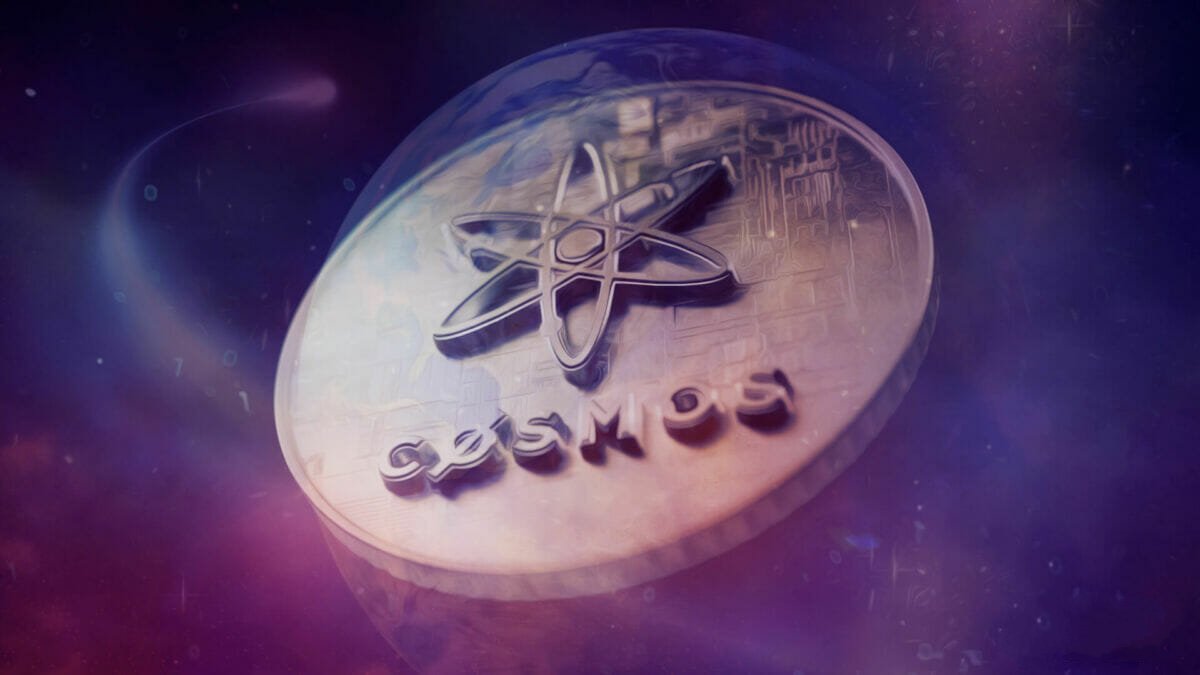ChatGPT – There has been a growing concern regarding the role of human journalists as the world becomes increasingly digital and as artificial intelligence (AI) gets more advanced. Others believe that chatbots like ChatGPT and Bard can eventually take the role of journalists in specific capacities.
On the other hand, a pioneer in AI has recently suggested that chatbots would never be able to take the part of journalists, regardless of how smart AI gets. The co-founder of Gemini, one of the most well-known cryptocurrency exchanges, believes that the next bull run in cryptocurrencies will originate in the East. We shall go more into these two subjects during this post.
One of the pioneers in the field of artificial intelligence has stated that chatbots like ChatGPT and Bard will never be able to fully replace human journalists.
The question of whether chatbots can serve as a suitable substitute for journalists has been hotly debated for some years. An AI pioneer contends that even if chatbots like ChatGPT and Bard have made remarkable progress in generating human-like language, they still cannot take the position of human journalists. The reason for this is that journalism entails a lot more than just writing text; therefore, this is the case.
Before writing a piece, journalists are expected to carry out extensive research, explore sources, conduct interviews, and check facts. These are all activities that call for analytical thinking, creative thinking, and sound judgment, all of which are currently beyond the scope of what is possible with AI technology.

Although chatbots have the potential to assist journalists in certain areas, such as the automation of repetitive jobs such as fact-checking, they are not yet capable of completely replacing human journalists. Journalists must offer factual information as well as objective; ChatGPTnevertheless, doing so involves more than simply writing words. Journalism relies heavily on human interaction, and it is highly improbable that chatbots would ever be able to entirely replace humans in this capacity.
According to the Co-Founder of Gemini, the Next Bull Run in Crypto Will Come from the East.
In recent years, cryptocurrency has become a very popular topic, and many individuals have found that investing in it may result in large financial gains. The market has been quite volatile, with numerous highs and lows; nonetheless, the co-founder of Gemini, Tyler Winklevoss, forecasts that the next bull run in cryptocurrency will originate in the East.
According to Winklevoss, China and other nations in Asia are well-positioned to emerge as dominant competitors in the Bitcoin business. ChatGPT These nations have a high rate of digital payment acceptance and are showing a growing interest in decentralized finance (DeFi) as well as non-fungible coins (NFTs). Winklevoss thinks that the East will be the source of the next significant cryptocurrency boom due to the increased interest in these regions.
The future of the cryptocurrency business is notoriously difficult to forecast, but Winklevoss’s projections are interesting enough to warrant consideration. It is very likely that the use of cryptocurrencies, such as bitcoin, will continue to rise in popularity, and that additional participants will enter the market as the world continues to become more digital.
FAQs
Is it possible for chatbots like ChatGPT and Bard to take the role of human journalists?
A: Although chatbots have made significant strides in generating language that is remarkably similar to that produced by humans, they cannot yet fully replace journalists. Before publishing a story, journalists are obliged to undertake in-depth research, explore sources, interview people, and verify facts. Journalism includes much more than simply the generation of words.
What will the next bull run in cryptocurrency look like?
A: The next major increase in the value of cryptocurrencies is referred to as the “next bull run in crypto.” ChatGPT This is an extremely hard-to-predict occurrence, and no one can forecast the outcome with absolute accuracy.
Conclusion
It is only normal to have questions regarding the function of human journalists and how they will be impacted by the ongoing advancement of technology.





